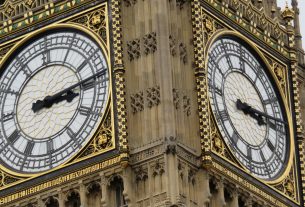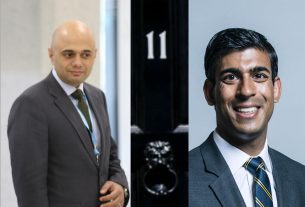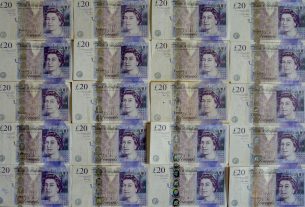It is impossible to gauge the social media impact on the election, but the recent Tory fact check stunt highlights the crucial role it plays. During the recent TV debate, the Conservatives changed the look of their press Twitter account, a move now criticised by the founder of the web, Tim Berners-Lee. Only for the duration of the debate, the Tory press office Twitter account ran under the name ‘FactcheckUK’. Critics have accused the Tory party of misleading the electorate. But this accusation was quickly rebuffed.
Rebranding the Tory press office Twitter account
In the age of fake news and election meddling, rebranding the Tory press office Twitter account for the duration of the TV debate is highly controversial. Throughout the debate, the Conservative party’s media team tweeted a variety of comments and ‘facts’ branding itself in a manner only genuine fact-checking sites and accounts do. Instead of displaying the current background image and using CCHQ Press as its identity, the party’s press office temporarily rebranded itself as FactCheckUK. The Twitter account also showed a blue tick, one usually associated with fact-checking services.
Although to the trained eye, it may have been obvious that these were Tory tweets, many people may have mistaken the account’s identity. Social media posts move at such speed that readers often fail to take note or question the identity or motives of social media advertisers.
Tories scolded by Twitter and the founder of the internet
Not only Tory opponents were quick to criticise this move. Accusing the conservative party of ‘misleading the public’, Twitter reiterated its commitment to “facilitating healthy debate throughout the UK general election”, and released the following statement:
“We have global rules in place that prohibit behaviour that can mislead people, including those with verified accounts. Any further attempts to mislead people by editing verified profile information – in a manner seen during the UK election debate – will result in decisive corrective action.”
On the BBC, web founder Tim Berners-Lee expressed his dismay:
“What they did – impersonating an independent organisation – it was unbelievable that they would do that.”
“Don’t do that. Don’t trust people who do that.”
Berners-Lee has been urging governments and companies to sign up to his Contract for the Web to ensure that the internet is a ‘safe, free, and open platform for all.’ Many organisations, including Facebook, have already signed up. Although internet ethics experts have lauded Berners-Lee’s efforts, many believe legislation is the only way to enforce and maintain web ethics standards.
Social media impact on the election – Who’s winning the advertising battle?
The election social media advertising battle is on. According to the BBC, obscure groups are popping up, many of them buying advertising space to discredit Jeremy Corbyn. Groups unheard of before are posting ads targeting key-seats and fishing for votes. In turn, Labour-supporting movement Momentum has also been busy posting across social media. However, the social media advertising spend appears more significant on the Tory side.
For Facebook, this means big business. Thousands of pounds are flowing into the company’s coffers. This makes it unlikely that Facebook, or indeed, Google would head calls to ban political advertising altogether.




